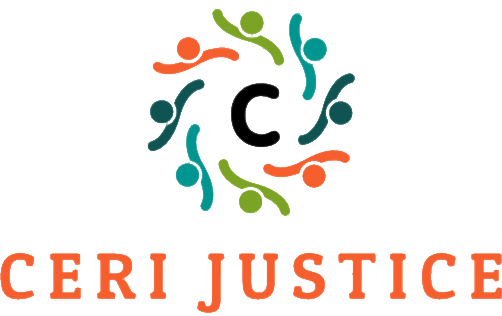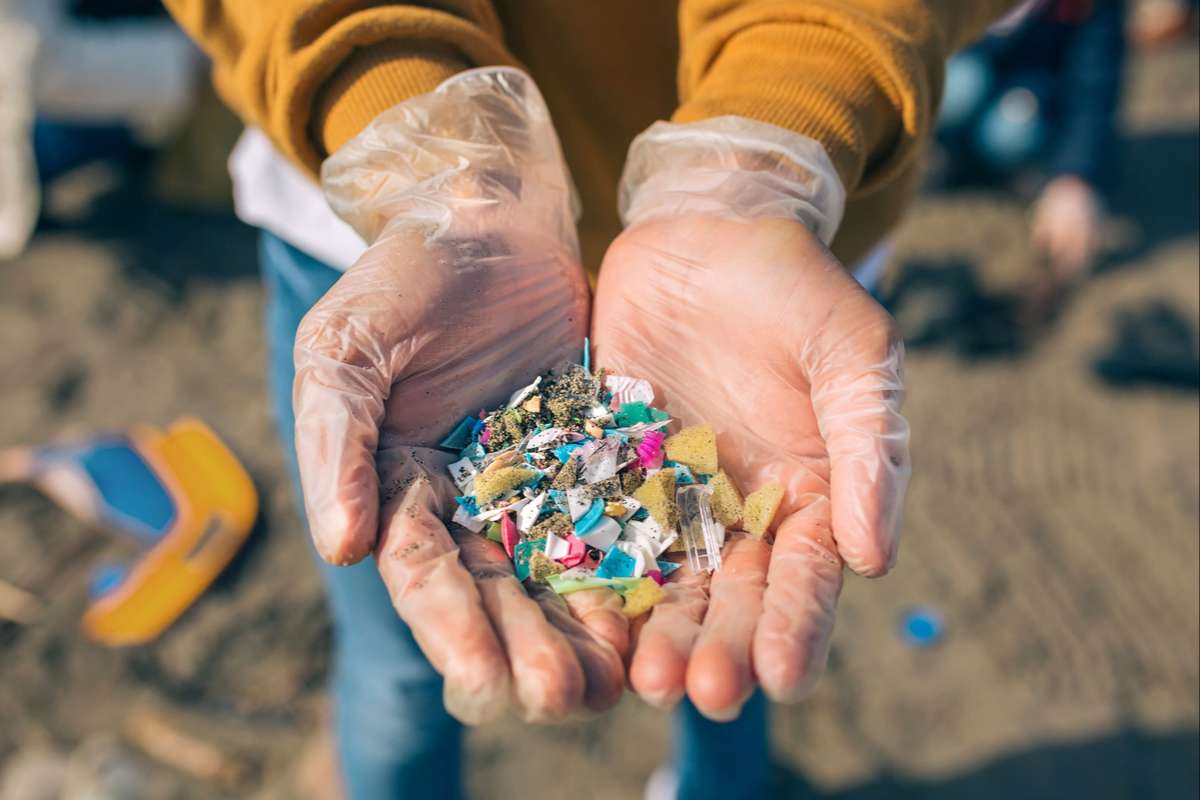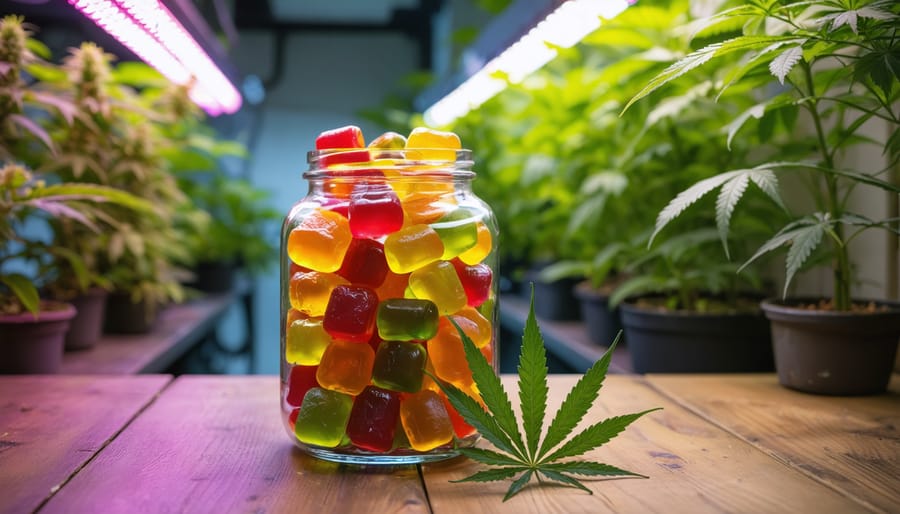Plastic pollution has become a global crisis, with devastating impacts on ecosystems, wildlife, and human health. In response, grassroots movements, NGOs, and governments worldwide have launched plastic pollution campaigns to raise awareness, promote sustainable practices, and advocate for policy changes. These campaigns serve as catalysts for change, inspiring individuals and communities to take action and collectively address this pressing environmental issue.
Raising Awareness
One of the primary objectives of plastic pollution campaigns is to raise awareness about the extent and consequences of plastic pollution. Through educational initiatives, social media campaigns, and community events, these campaigns shed light on the pervasive nature of plastic pollution and its detrimental effects on marine life, ecosystems, and human health. By informing the public about the environmental and social impacts of plastic pollution, these campaigns empower individuals to make informed choices and take proactive steps to reduce their plastic consumption.
Promoting Sustainable Practices
Plastic pollution campaigns also play a crucial role in promoting sustainable practices and encouraging behavior change. They advocate for alternatives to single-use plastics, such as reusable bags, bottles, and containers, and encourage individuals to adopt plastic-free lifestyles. By providing resources, tips, and practical solutions, these campaigns empower individuals to reduce their plastic footprint and make environmentally conscious choices in their daily lives. Moreover, they work with businesses and policymakers to implement policies and initiatives that promote sustainable packaging, recycling infrastructure, and waste reduction measures.
Community Engagement
Community engagement is at the heart of plastic pollution campaigns, as they mobilize individuals, organizations, and communities to take collective action. Through volunteer clean-up events, beach and river clean-ups, and neighborhood initiatives, these campaigns foster a sense of stewardship and responsibility for the environment. By bringing people together to tackle plastic pollution at the local level, these campaigns build social cohesion, strengthen community ties, and create lasting connections between people and the natural world.
Advocating for Policy Change
In addition to grassroots efforts, plastic pollution campaigns advocate for policy changes at the local, national, and international levels. They work with lawmakers, government agencies, and stakeholders to develop and implement policies that address plastic pollution, such as bans on single-use plastics, plastic bag fees, and extended producer responsibility schemes. By advocating for legislative and regulatory measures, these campaigns create systemic change and hold industries accountable for their role in plastic pollution.
Looking Ahead
As the global plastic pollution crisis continues to escalate, the importance of plastic pollution campaigns cannot be overstated. These campaigns serve as powerful tools for raising awareness, promoting sustainable practices, engaging communities, and advocating for policy change. By harnessing the collective power of individuals, organizations, and governments, plastic pollution campaigns offer hope for a cleaner, healthier future for our planet and future generations. We must continue to support and amplify these efforts to address one of the most pressing environmental challenges of our time.




